Saturday 17 December 2016
Some thoughts on…
The Witch
(Robert Eggers, 2016)
Arriving in my household this December on the back of a veritable avalanche of critical adulation (a major studio distributed horror film won “best director” at Sundance? Really?), Robert Eggers’ directorial debut proved… heavy going, to be honest.
Rendered in the dour, near-monochromatic style that so often seems to predominate in 21st century films that aspire toward “seriousness” (don’t get me wrong, I know life for the 17th century Pilgrim Fathers wasn’t exactly a riot of Technicolor extravagance, but I’d at least like to think they at least encountered the occasional dash of blue or green amid the grey, and managed to look at each other without frowning every now and again), ‘The Witch’ is nonetheless refreshingly unequivocal about its identify as a hackle-raising, scare-yr-pants-off horror film.
Indeed, in purely utilitarian terms, it succeeds extremely well in this area. Despite its overtures toward what I suppose we’re obliged to call in shorthand the “arthouse crowd”, I’ll readily admit that ‘The Witch’ was the most viscerally frightening film I’ve seen in years. Full-on sneaking-glimpses-of-the-screen-through-my-fingers terrifying in places in fact. So, yes - if you are the sort of person who is inclined to judge horror films based primarily on their capacity to be “scary”, you can anticipate a right doozy with this one, irrespective of its somber tone and subject matter.
Whilst I was busy being reduced to a quivering wreck by the film’s overpowering aura of dread and persistent threat of imminent, soul-wreaking violence however, I was also uncomfortably aware of the fact that the techniques Eggers was employing to generate these responses from me were just as cynically manipulative as those found in the most base of jump-scare filled slasher flicks.
From the slow, steady-cam crawls through unfamiliar locations to the nerve-shatteringly loud Penderecki-via-Hermann score, the rapid movements erupting from still life-esque quietude, semi-hidden tableaus of alarming Goya-esque beastliness and aggressive soundscapes of rumbling earthquake drone and chittering demonic feeding - every trick in the Hideo Nakata-via-David Lynch playbook for scaring the bejeezus out of your audience whilst still remaining artistically credible is exhaustively exploited here, whilst the more basic conceit of constantly imperiling children and other innocents simultaneously delivers the can’t-fail coup de grace to our ailing nerves.
Though it is confident in its execution and ruthlessly efficient in its effect, I couldn’t help but feel that this heavy-handed approach to the “scary stuff” was to some extent counter-productive, detracting our attention from the very elements that do actually make ‘The Witch’ a rewarding and genuinely disturbing piece of work – namely, those arising not from the heavy-handed direction but from the film’s writing and performances, which are both extremely good.
As the story initially got underway, I was surprised and rather impressed by the extent to which the script takes the strict puritan beliefs of its characters – a mind-set that is so alien to us in the 21st century West that it is almost impossible to approach it without implicit or explicit criticism – and presents them entirely at face value.
The “witch”, we initially feel, is an external force of parasitic evil whose wrath can be avoided only through a regime of prayer, obedience and enforced purity of thought. The soul of a child who dies prior to baptism meanwhile is headed straight to hell, and that is no laughing matter – especially as regards the burden of guilt which must subsequently be borne by the already grieving parents whose modest lapses in duty are seen as having allowed such a circumstance. Needless to say, it is in this invisible realm of Christian cosmology that the film’s real horror lies.(1)
As the story develops and we delve deeper into the internal lives of the film’s characters though, and as the situation facing them becomes increasingly desperate, ‘The Witch’s moral universe gradually shifts upon its axis in an extremely interesting fashion. Though the change is almost too subtle for us to even notice at first amid all the horror movie nerve-jangling, what eventually begins to emerge is a uniquely involving method of retelling an old, old story.
Though the notion that a seemingly external threat actually grows from within has been a given in haunted house and exorcism type narratives for decades (or indeed centuries, if we fall back on the gothic tradition), I have rarely seen this theme elucidated in quite such a compassionate and compelling manner as it is here, as, taking a page or two from the none-more-obvious reference point of Arthur Miller’s ‘The Crucible’, ‘The Witch’ essentially becomes a tale about the way in which the seemingly unbreakable bonds of love and trust within a close-knit family unit can be strained, twisted and eventually destroyed in the face of stressful and traumatic circumstances.
As hardship and anxiety increases, minor vanities and personal failings that could be indulged and forgiven under more comfortable circumstances widen into fatal flaws, allowing nagging seeds of doubt to flower into full blown paranoia, which in turn becomes entwined with the family’s rigidly inflexible belief system, legitimising increasingly unhinged and dangerous patterns of behavior that move the story toward a far more nuanced and thought-provoking condemnation of religious extremism and its social & psychological consequences than we horror fans are usually asked to process via one-sided diatribes of the ‘Witchfinder General’ variety.(2)
Played out by a gifted cast with all the weighty intensity they can muster (I’d normally single out some names at this point, but frankly it’s just easier if I just refer to the IMDB cast list, as each member of the film’s central family is equally outstanding, the child actors in particular), it is this theme which serves to elevate ‘The Witch’ to a level of dramatic legitimacy that I confess makes all the Luciferian goats and monster-clawed hags that Eggers throws at us seem rather silly in comparison.
In fact, I’d go so far as to say that ‘The Witch’ might even have worked better as a naturalistic, real world drama rather than as a horror film. This may seem a stretch, but the more I think about it, the easier it is to imagine the essential structure of the script being transferred wholesale to, say, the travails of the family trying to survive in a contemporary Middle East combat zone, without altering the beats of the story in any significant fashion. Just exchange the “the witch” for “the war”, and everything pretty much falls straight into place, with a result that would likely remain just as emotionally coherent, and even more harrowing.
(Of course, THAT film could probably never make it to the screen in quite the way I imagine it, even via the neo-realist film traditions currently prevalent in countries like Iran, simply because it would be near unbearable to sit through. After all, the perverse webs of escapism and thematic metaphor that inform our enjoyment of fictional narratives here in the First World dictate that it is a lot easier to contemplate a baby spirited away by a witch’s familiar than a baby blown to pieces by a cluster bomb, even as the latter continues to be tolerated and enabled every day by the same global power structures that allow us the comfort in which to enjoy tales of the former…. but, I digress.)
One thing that would probably not work in the kind of substitution I have described above however is the ending of ‘The Witch’, which I hope I can briefly discuss without straying into the realm of out-right spoilers.
In essence, there is something fairly extraordinary about the way in which Eggers dovetails ninety minutes of relentless terror and misery with a few giddy, closing moments of what feels almost like a post-annihilation/ego-death liberation of sorts – a kind of ‘flip the script’ alchemical rebirth that leaves us feeling unmoored and light-headed, as the lingering fear we’ve become accustomed to falls away into acceptance. It’s a great ending.
As my wife insightfully observed, by the end of the movie, the mysterious witch cult that we have been living in mortal terror of thus far begins to seem very much like the coven of female convicts in Shunya Ito’s ‘Female Prisoner Scorpion: Jailhouse 41’ (1972) – a society of outcast women transformed into predatory savages because the authoritarian society that has rejected them allows them literally no other options for continued existence. And if I tell you that the ending of Eggers’ film succeeds in capturing even a fraction of the transformative spirit of Ito’s, readers familiar with the latter will know that they can take that as a pretty strong recommendation.
In my more pompous moments, I’ve been known to declare that the only kind of fictional narrative that can be considered in any way relevant to an understanding of the human condition is one that features no clearly delineated ‘villains’, but instead posits a variety of ultimately sympathetic characters who provoke conflict through their contradictory or misguided actions. As such, it could perhaps be said that Robert Eggers’ greatest achievement in ‘The Witch’ lies in his finding a way to combine this principle with a tale of shrieking, inhuman terror that leaves just about everyone dead and eternally damned, and to somehow make it work.
------
(1) As a wanton digression that doesn’t easily fit anywhere else in this review, I should note that, purely in terms of supernatural horror, it was this earlier section of the film that I found to be by far the most frightening. Given that the family portrayed in the film (and indeed, the wider community from which they have separated themselves) seems to exist upon the edge of a wilderness largely untouched by humanity, I kept thinking, well, what the hell *is* this ‘witch’? Where did it come from? I mean, an old-fashioned witch cult existing as an off-shoot of an established Christian society – that’s something I can deal with. But the possibility of that *unknown other*…? Remember that quote (was it William Burroughs?) about how, before the white man came to America, and before the red man came, there was already something evil there, some lurking at its heart…? Now THAT’S a scary thought when you’re stuck in an isolated homestead surrounded by impenetrable forest. Though ‘The Witch’ doesn’t ultimately go in that direction, it hovers around it for long enough and convincingly enough in its first half to put the wind up me.
(2) For wanton digression # 2, it behoves me to point out the similarities between ‘The Witch’ and what is quite possibly my all-time favourite horror film, Piers Haggard’s ‘Blood On Satan’s Claw’ (1972). Not only are they amongst the only horror films I’m aware of that create and sustain a believable 17th century setting, complete with period appropriate dialogue, they are also the only two films in my experience of the genre to operate on the basis of a period-appropriate puritan Christian belief system without foregrounding a contemporary critique of said belief system.
Whilst that may sound like an odd thing to celebrate on one level, it is this straight-faced portrayal of the characters’ beliefs that I think gives both films some of their unique power. Add a number of more nebulous similarities – the association of nature and “the woods” with untamed, pagan nastiness, the corruption of children by an insidious evil, the quasi-political implications of a coven of young/female/sexually active outsiders attacking a repressive patriarchal society – and one wonders how closely Haggard’s film might have played into the development of ‘The Witch’, despite the vastly different tone of the two projects.
Subscribe to:
Post Comments (Atom)




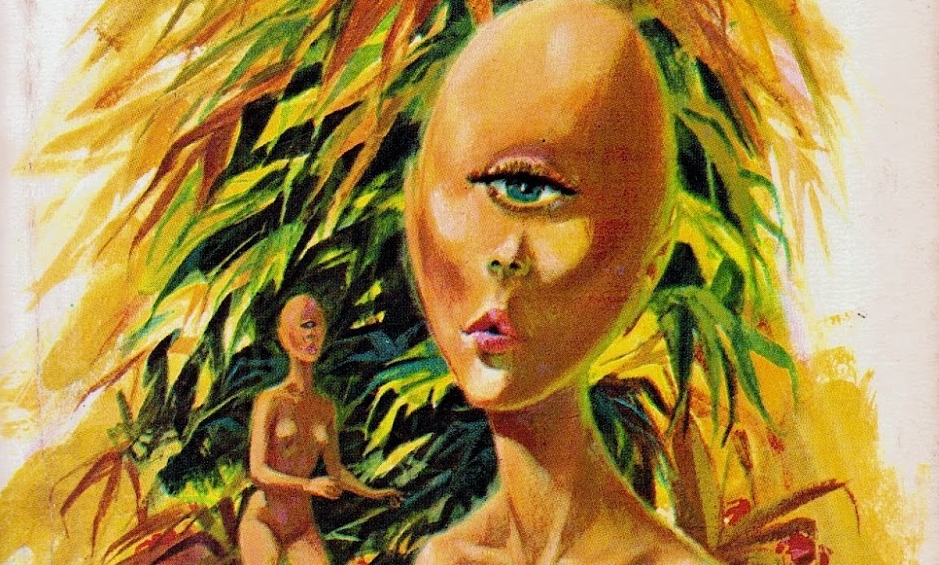
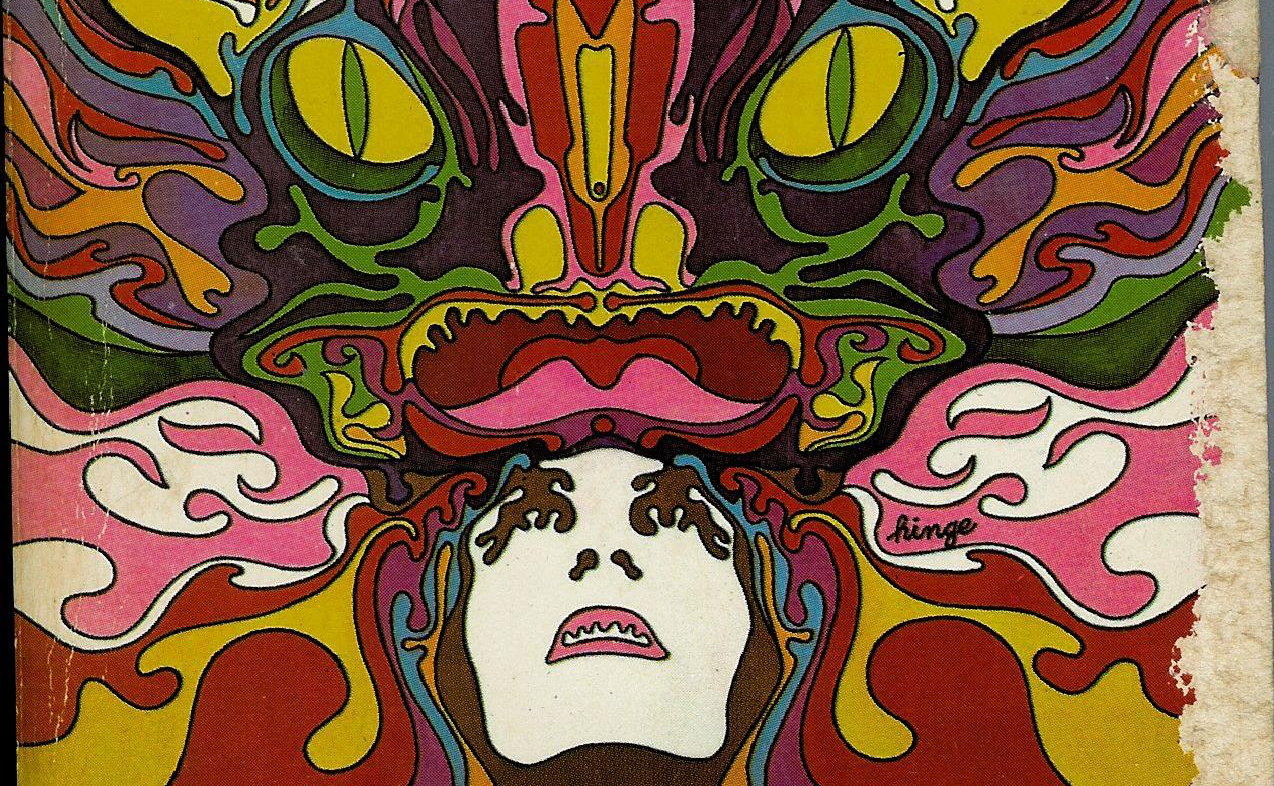

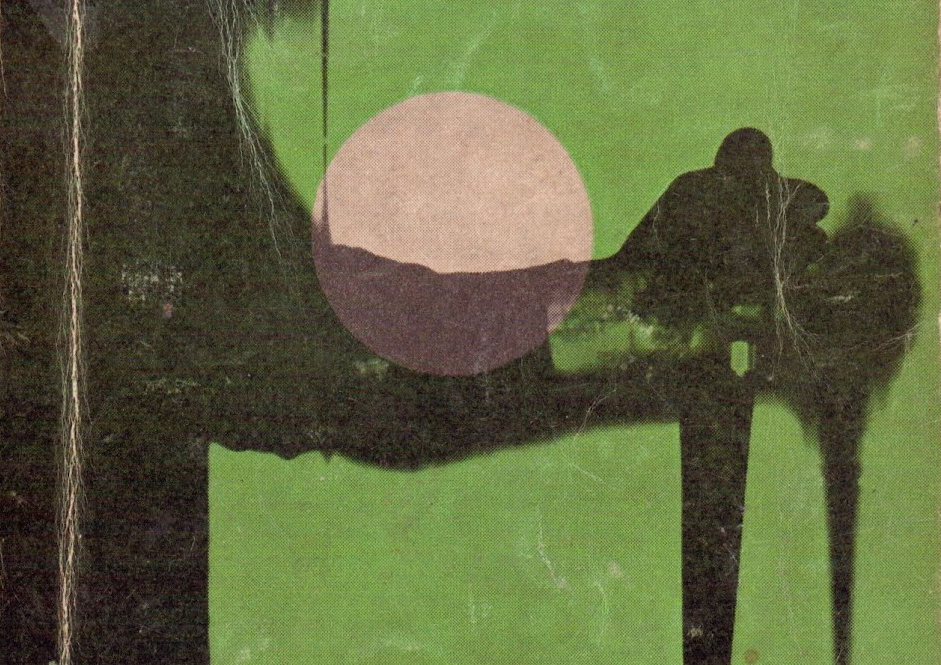
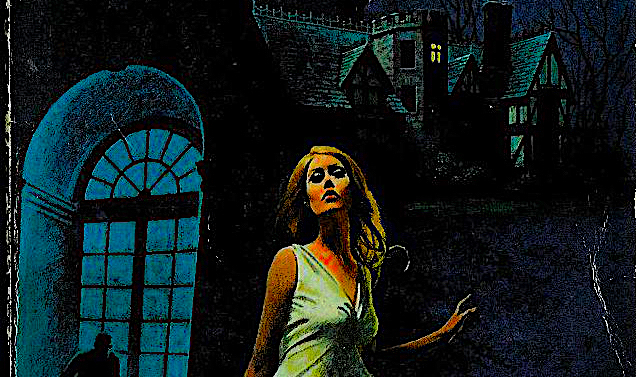
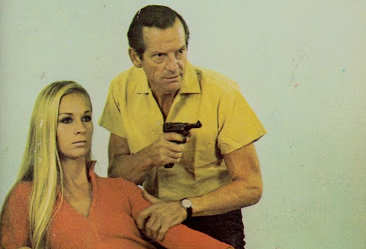
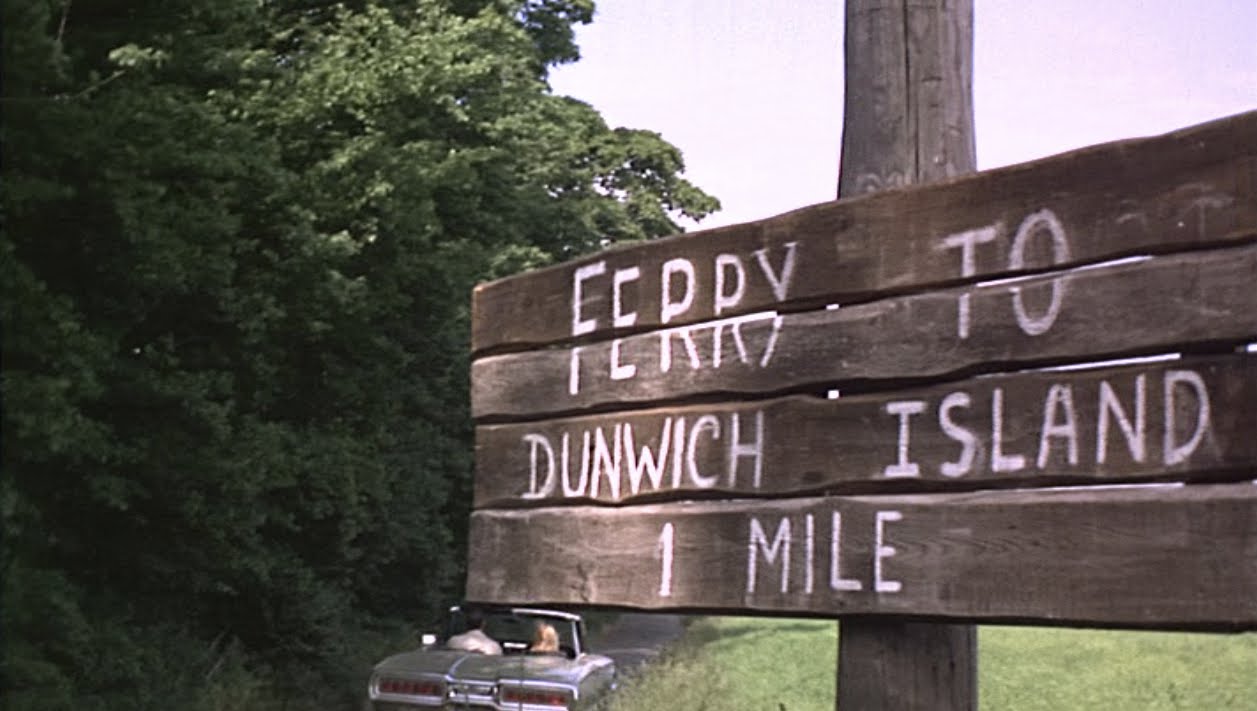
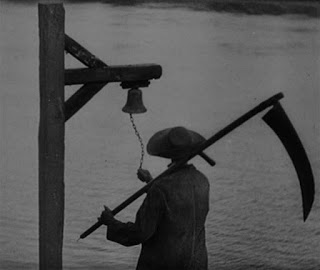
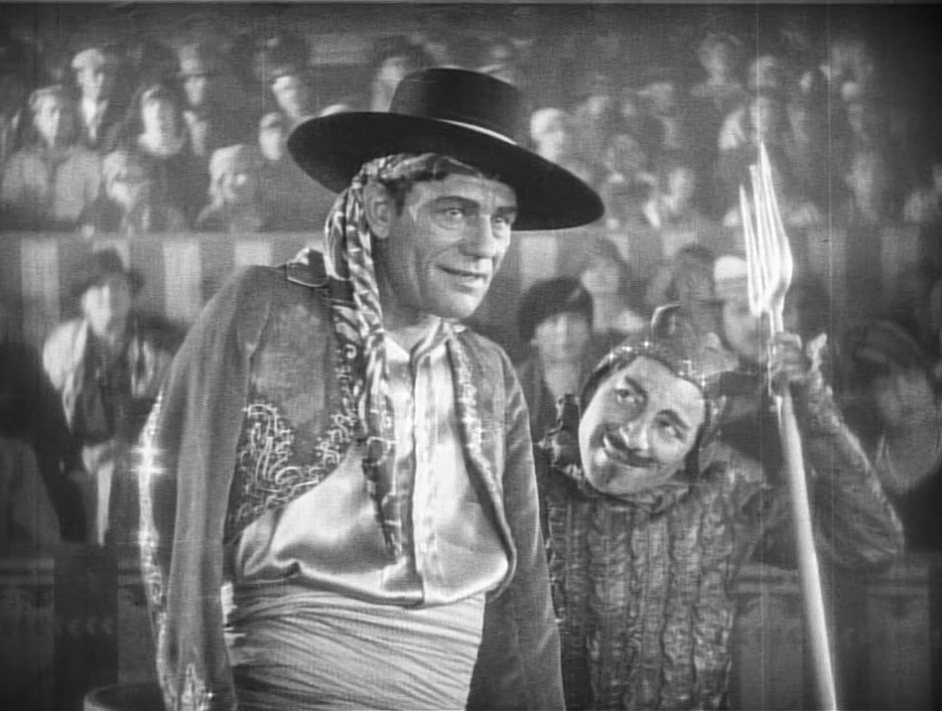
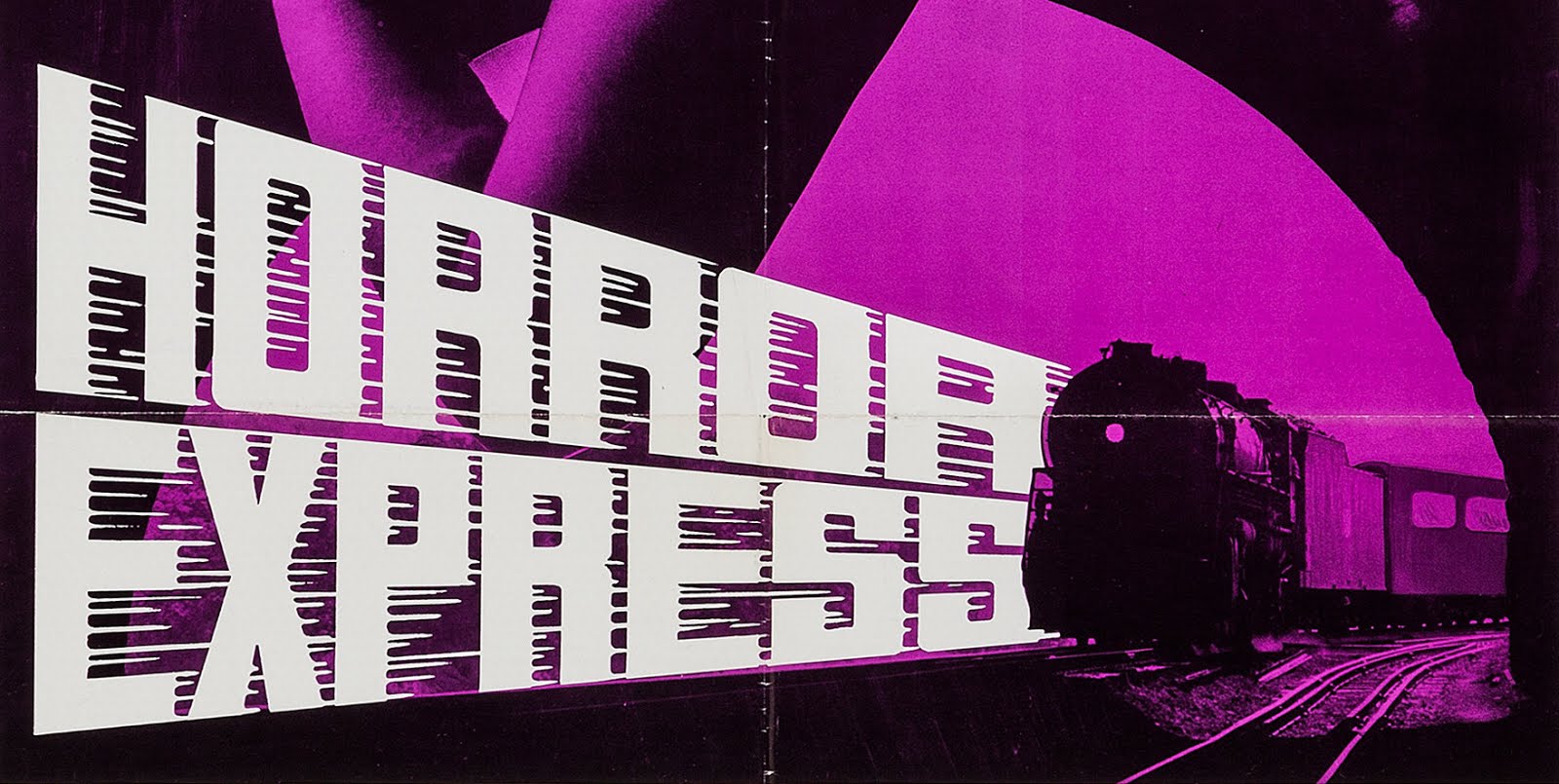
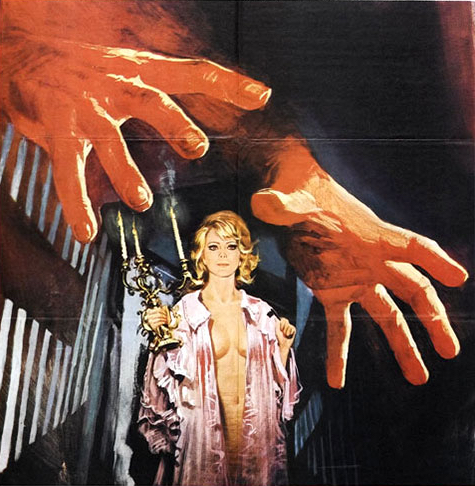

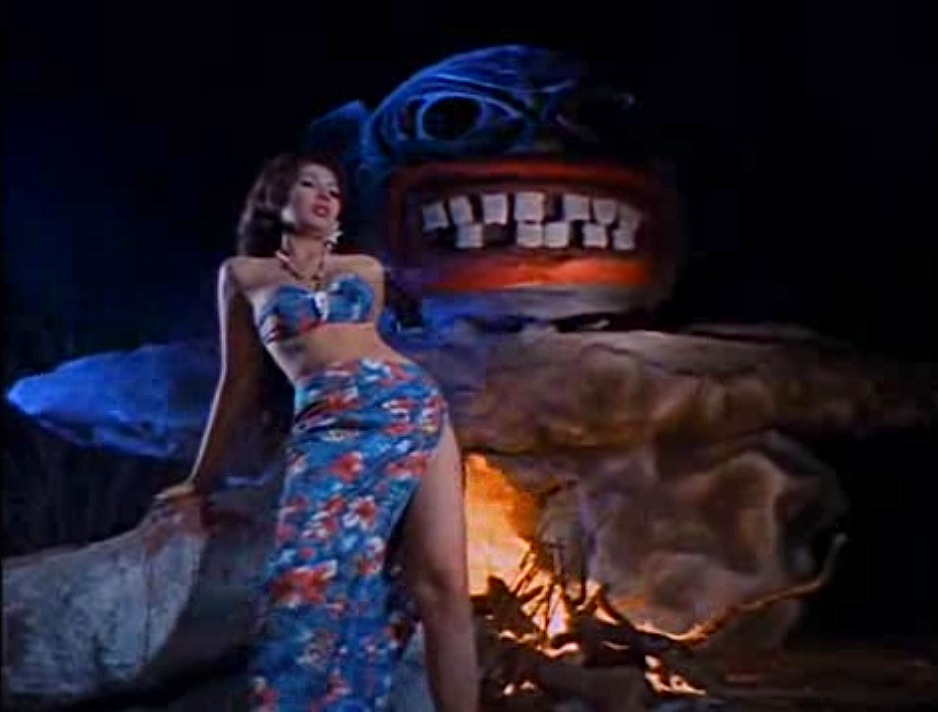




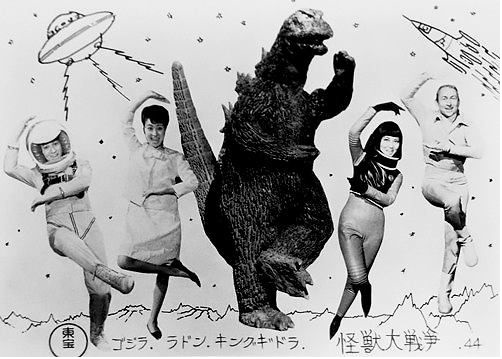


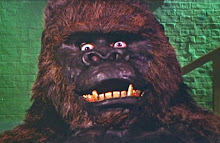
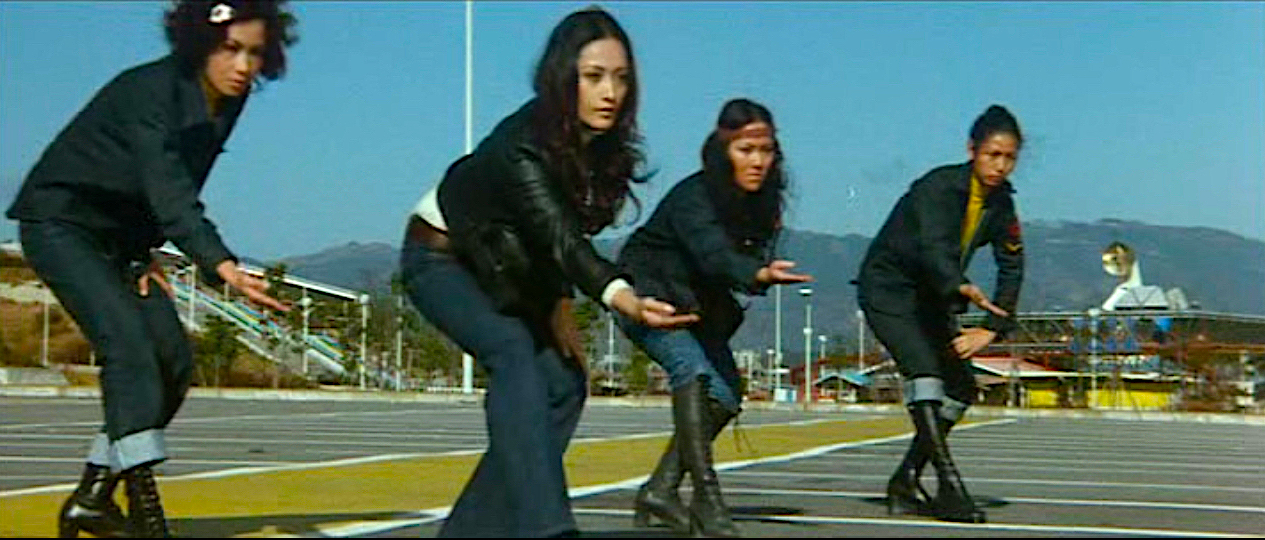


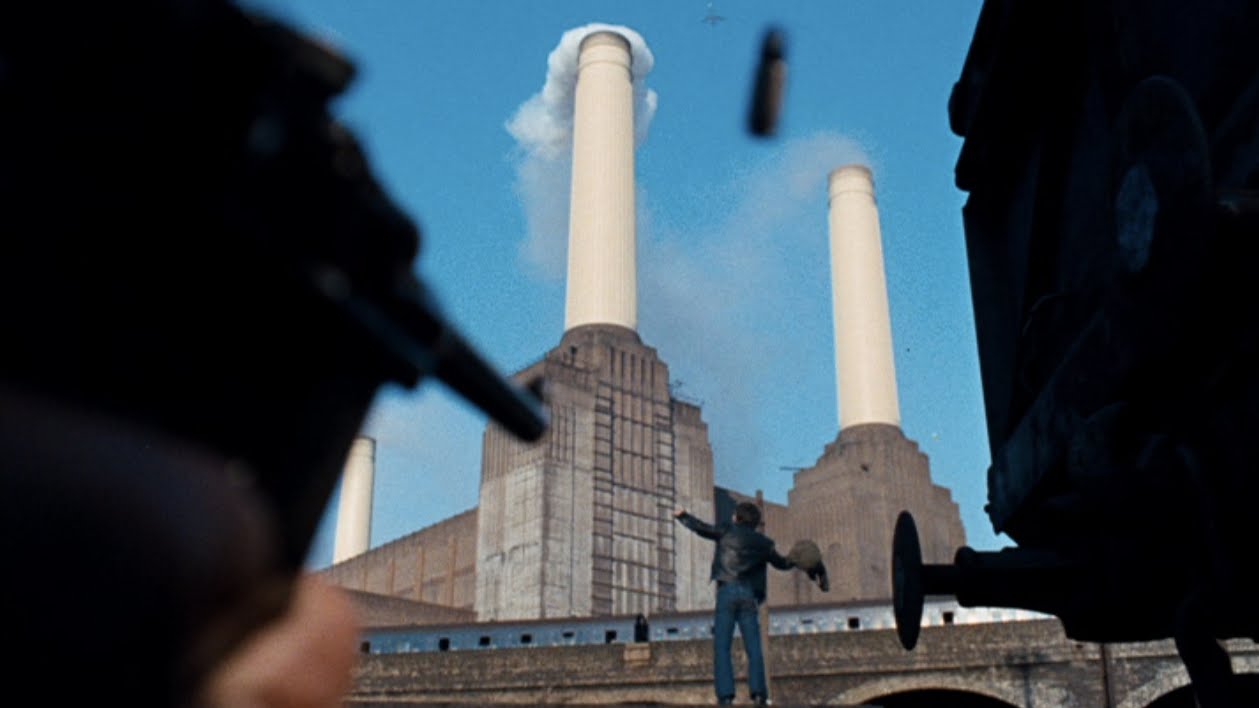
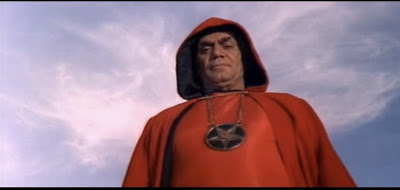








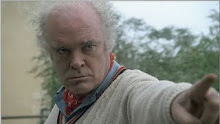
2 comments:
Good review. I share your mixed feelings about the hype that surrounded The Witch due to its arthousy feel. It's the same again and again. Movies are celebrated by the mainstream-press as genre-masterpieces when they - paradoxically - incorporate certain high-art markers. Such as the horrible Babadoock or the quite good It Follows back in 2014. The same is happening with this years "Arrival" in the field of Sci-Fi.
Though i often like the results of arthouse-inspired approches to genre-cinema i often get the impression that genre's inherent quallities get underappreciated when regarded in this way. Genre shouldn't need to be legitimised in such an inherently elitist way.
But The Witch get's it's gritty realism right. It's portrayal of harsh rural life and incomprehensible/antiquated worldviews somehow reminded me of Michael Hanekes The White Ribbon. Haneke would be someone who's films certainly are hard to sit through, thus confirming your intuition, that the phantastic elements of The Witch serve as a kind of filter that makes all of this bearable for the viewer. The slow evolution of the movies action into more explicitly phantastic territorry in the last act greatly contrasty with it's more realist aspects. The effect is darkly poetic and, as you pointed out, strangly liberating.
Many thanks for such an insightful comment schynski. I pretty much entirely agree with your thoughts re: the more promising bits of current genre cinema being spoiled somewhat by (usually pretty shallow) attempts to court critical/artistic "legitimacy".
I haven't seen "Babadoock", but "It Follows" is a good case in point; as an entertaining horror film with a somewhat original 'high concept' idea behind it, I thought it was great fun - but all that langorous footage with the camera drifting through the lives of ennui-ridden, monosyllabic teenagers felt like it belonged in a different movie altogether - like a half-assed riff on Bertolucci's 'The Dreamers' or 'The Virgin Suicides' or something.
In thematic/dramatic terms, this approach added nothing, and IMHO actually made the movie a lot less successful as a genre piece. As much as I value cinema as artistic expression etc, in this case it kind of made me wish that the director had had some hard-boiled producer breathing down his neck threatening to cut it all out unless he tightened shit up - as would surely have been the case back in the 70s / 80s.
(Sorry, that didn't have much to do with 'The Witch', did it? : ) )
Post a Comment